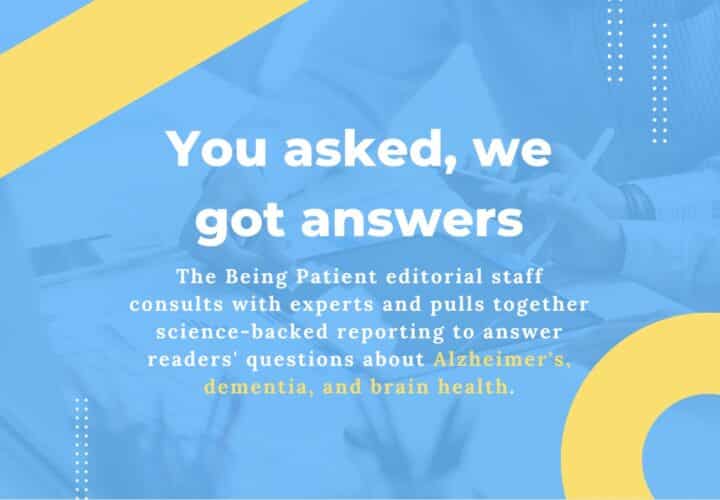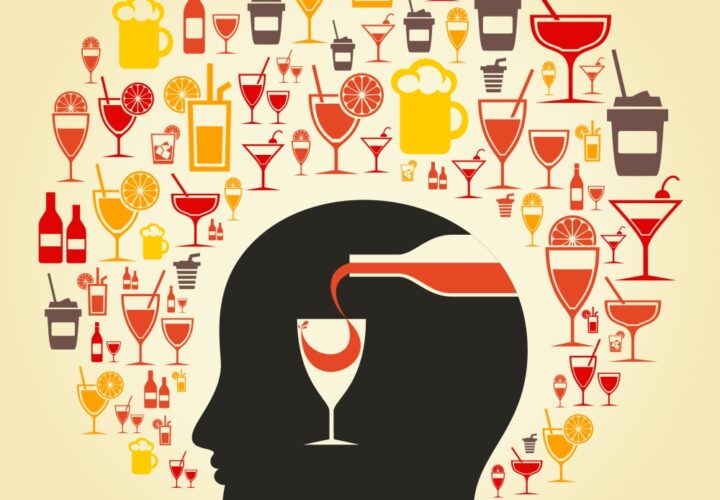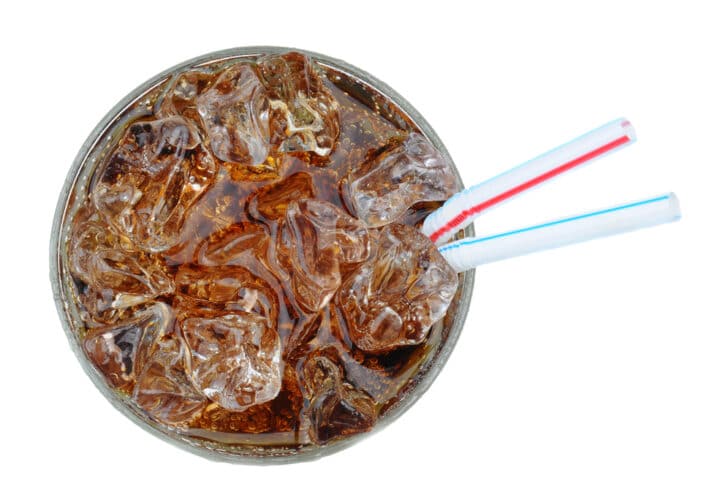FAQ: Do symptoms of Alzheimer’s get worse when you drink alcohol?
Alcohol and Alzheimer’s
Alzheimer’s disease is a progressive neurodegenerative disorder that affects memory, thinking, and behavior. While there is no cure for Alzheimer’s, individuals with the condition can take steps to manage symptoms and improve quality of life. One factor that can have a significant impact on symptoms is alcohol consumption.
Does drinking alcohol increase your risk of developing Alzheimer’s?
When it comes to drinking and Alzheimer’s risk, the jury is still out. Alcohol use comes with plenty of other lifestyle factors that can be variables in risk of negative effects on the brain, including the long-term risk of neurodegeneration, and studying the long-term effects of alcohol use in a controlled environment is virtually impossible. So, while study after study shows that chronic drinking is linked to higher dementia risk, other studies have found some alcohol consumption can actually be good for the brain — if not just neutral. Long story short, more research is needed to determine the link between alcohol and brain health definitively.
Alcohol and Alzheimer’s: Does Alcohol Increase Your Alzheimer’s Risk?
For people living with Alzheimer’s, does alcohol make symptoms worse?
In the meantime, for people already living with Alzheimer’s, scientists do have more solid data to go on.
While Alzheimer’s disease typically progresses through seven stages, every individual with Alzheimer’s experiences a different journey, and care plans for people living with Alzheimer’s and other forms of dementia should be individualized. That said, research shows that excessive alcohol consumption can worsen symptoms of Alzheimer’s disease. Alcohol is toxic to the brain and can lead to brain damage, which can result in a decline in cognitive function, memory, and motor skills.
Further, alcohol can interfere with medications used to treat Alzheimer’s, making it harder to manage symptoms.
Alcohol consumption can also lead to dehydration, which can exacerbate symptoms of Alzheimer’s. Dehydration can cause confusion, fatigue, and difficulty with coordination, which can be especially challenging for individuals with Alzheimer’s.
Given the potential negative effects, experts recommend that people living with Alzheimer’s avoid alcohol consumption. This can help with the management of Alzheimer’s symptoms — and it can improve one’s quality of life.
Can late-in-life excessive drinking be a sign of Alzheimer’s?
Excessive drinking that begins later in life can occur for a number of reasons, such as loneliness, retirement and the loss of a loved one, experts say. But research suggests that alcohol abuse can also be one of the earliest symptoms of neurodegenerative diseases, including the behavioral variant of frontotemporal dementia. Read more:
If you or a loved one has Alzheimer’s and you are concerned about the impact of alcohol on symptoms, talk to your doctor about safe, science-backed strategies for managing symptoms and improving quality of life.






I am 61 years old (female) and diagnosed with Early onset Alzheimer’s
My grandma had Alzheimer’s before she died